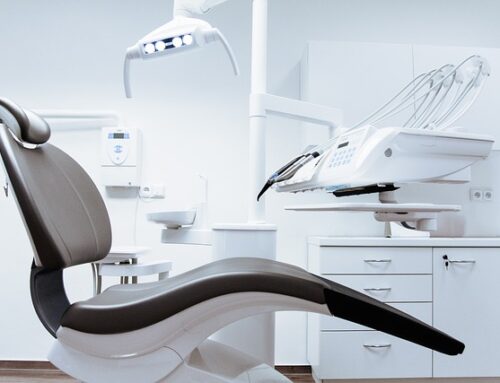There is a new study that has found a connection between menopause symptoms and the intensity of temporomandibular disorder (TMD) induced pain throughout the transition. Published in the journal of the North American Menopause Society, this study found that the loss of estrogen during the menopause transition can cause physical changes and health concerns.
This includes thinning hair, atrophied vaginal mucous membranes, hot flashes and increased risk for osteoporosis and cardiovascular disease. But the study also suggests that menopause may increase jaw pain that can result in TMD.
What the study found
In the United States, about 4.8% of adults have pain in the temporomandibular joint (TMJ). Some estimates are as high as 15% of U.S. adults who have at least one symptom of TMD. In fact, women are twice as likely as men to develop TMD, which adds to the theory that the disorder is likely influenced by hormone changes. This can be why menopause plays a role in TMD pain.
The researchers found that TMD-induced pain and menopause symptoms are primarily correlated in the late menopause transition. But TMD and menopause diminish with age and progression through the post-menopause phases. Additionally, socioeconomic factors such as education and ethnicity also affect TMD symptoms in women during early post-menopause.
Knowing this, we should pay extra attention when it comes to our patients who are suffering from TMD pain.





